History
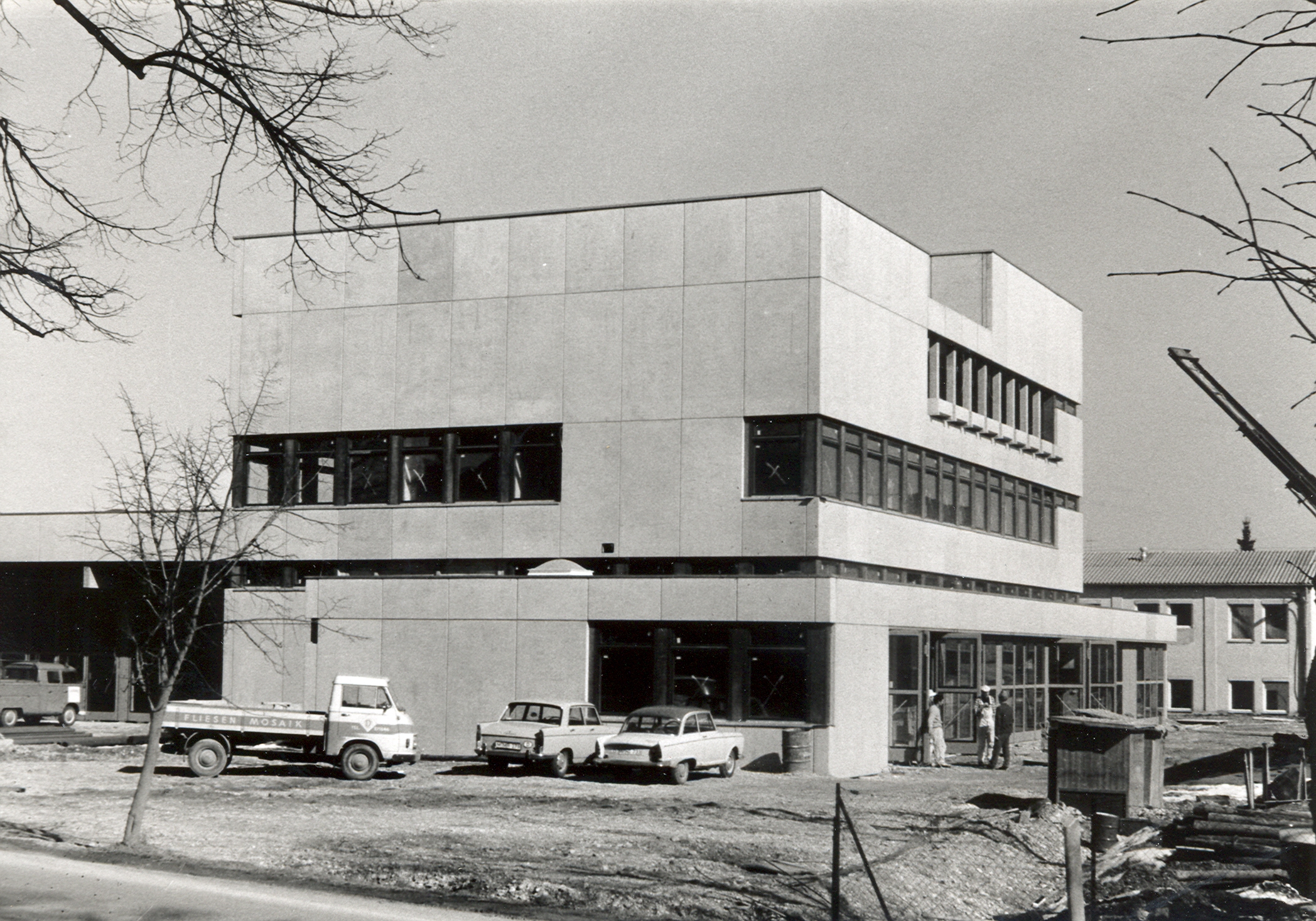
AZT building in Ismaning
AZT in the seventies
As a reaction to the rapid increase in the number of accidents and the related damage costs in the course of mass motorisation, the Institute for Motor Vehicle Technology as a part of the Allianz Centre for Technology was founded in 1971 under the direction of Professor Max Danner . The crash track was established in 1973 as part of the Institute's main tasks in the field of repair and accident research.
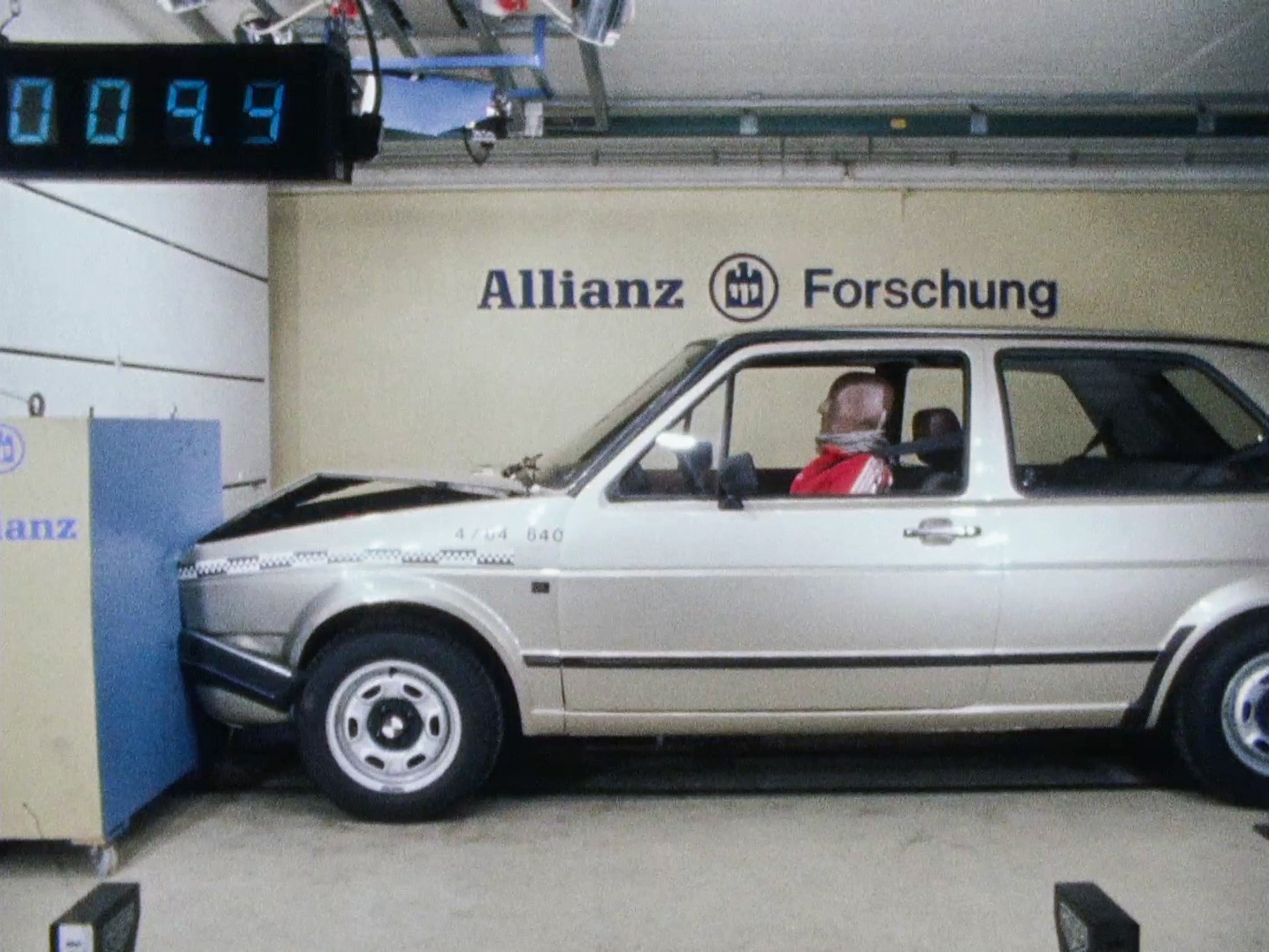
Crash repair test at AZT
AZT in the eighties
Since 1982, the crash repair test developed in the Allianz Center for Technology (AZT) has been considered the criterion for the repairability of vehicles following smaller accidents. In Germany, an independent trustee derives the vehicle type class for fully comprehensive insurance from the results of these tests; as such, they have a direct impact on the insurance classification of cars which are newly introduced onto the market.
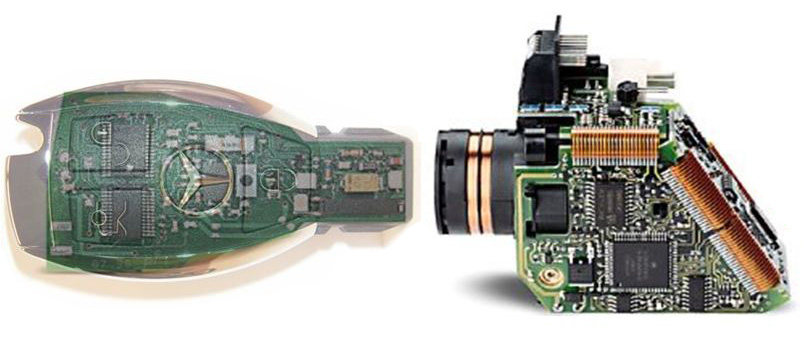
Vehicle key and control unit
AZT in the nineties
In response to the sharp rise in stolen vehicles at the beginning of the nineties, the safety experts at AZT define the AZT standard and requirements for theft protection, resulting in the statutory introduction of the electronic immobilizer for newly registered cars.
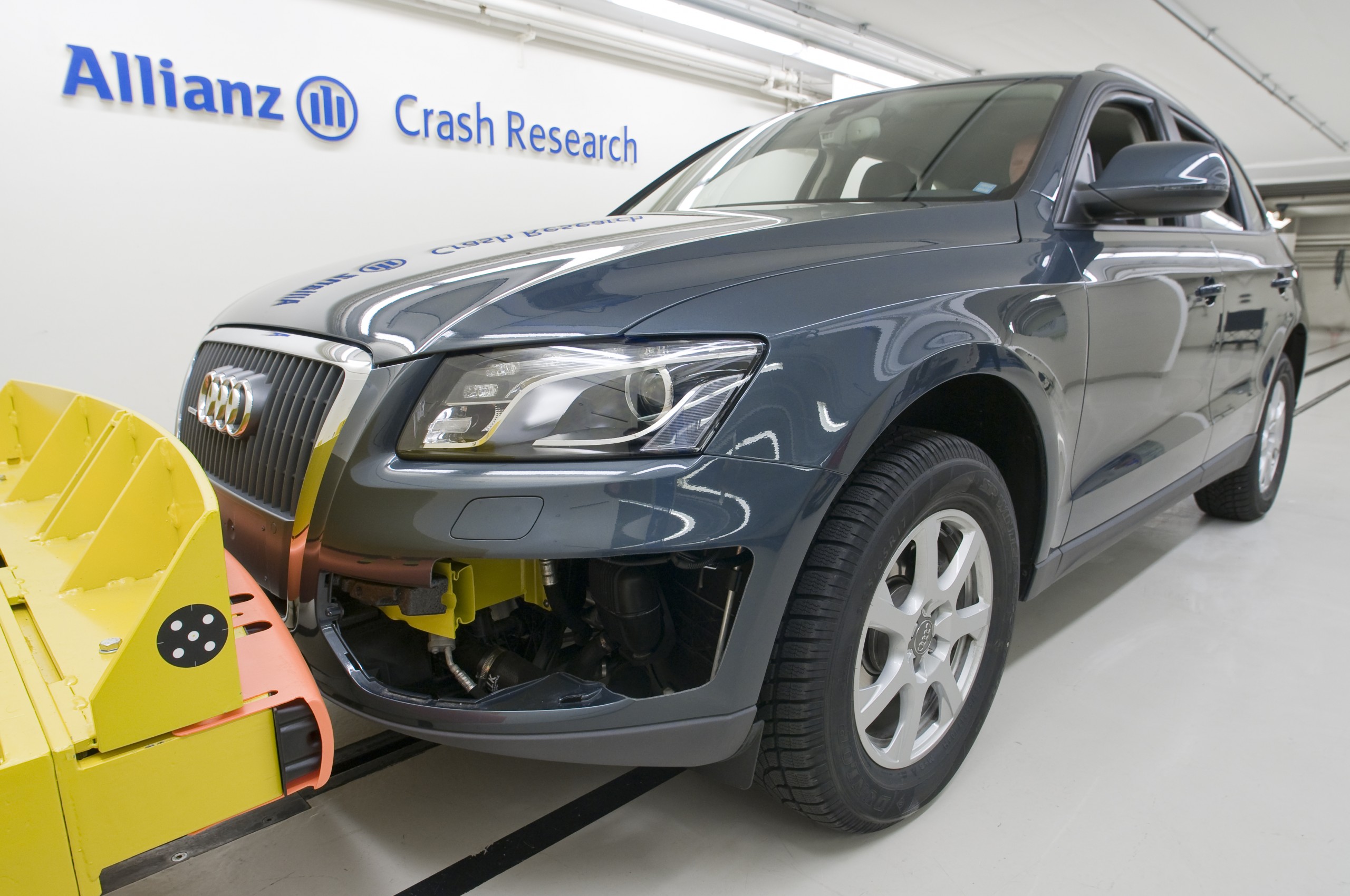
RCAR bumper test
AZT from 2000 to 2010
In the year 2006 the bumper test as a new crash test standard was developed in cooperation with international partners. This test aimed to assess the geometrical compatibility of different vehicle models and the interaction of their bumpers and should contribute to a reduction of claims in collission of vehicles. Meanwhile this testing procedure is an additional criterion for the type classification of vehicles in Germany and other markets.
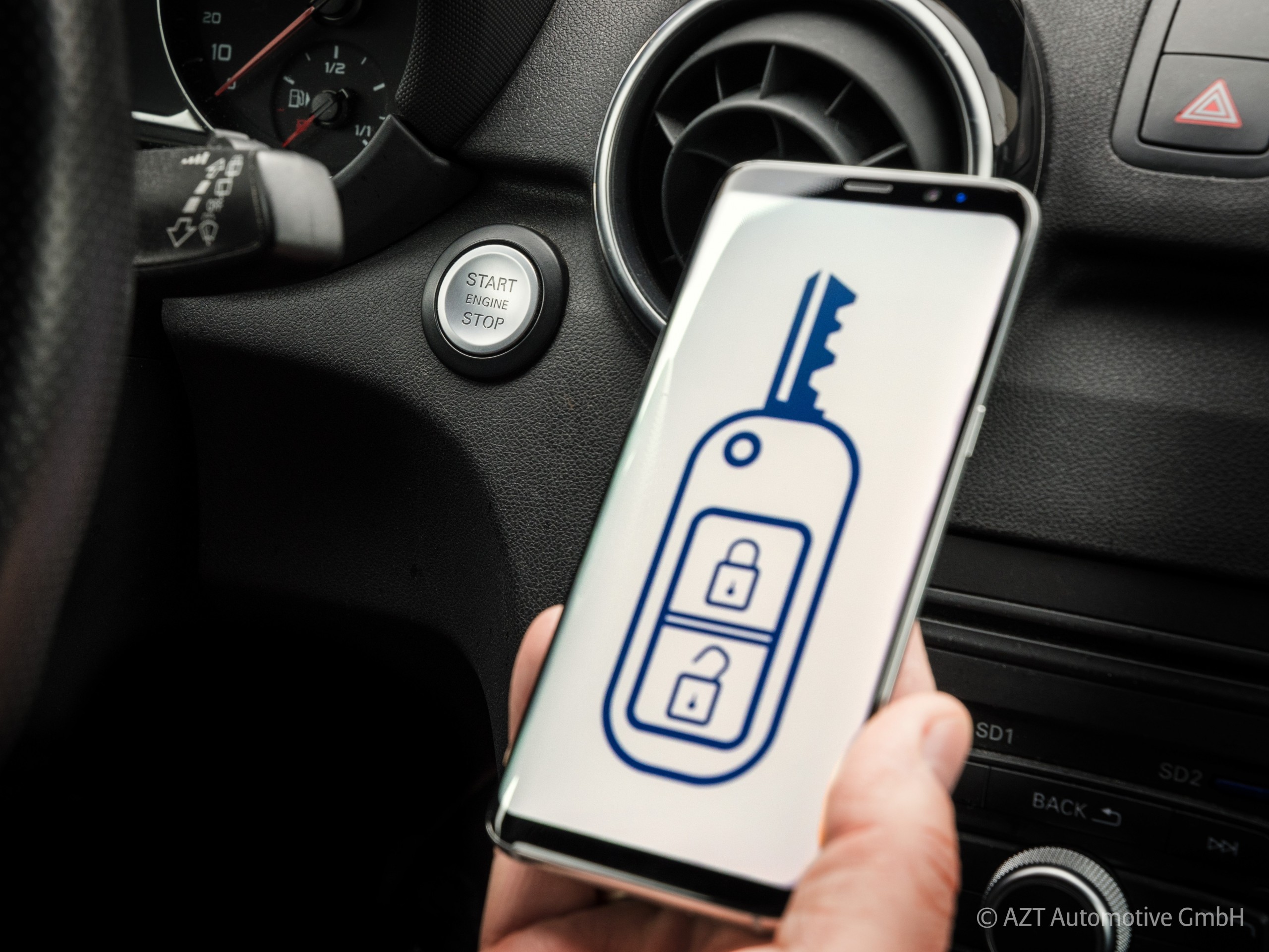
Virtual vehicle key on a smartphone (symbolic image)
AZT since 2010
AZT deals increasingly with questions from the areas of driver assistance systems, automated driving and the IT security of vehicles.

In addition, road-safety campaigns on, amongst others, the issues of cycle helmets, the use of seatbelts for children and the blind spot as the target group were published.
Videos to these and other topics are available on our YouTube channel.